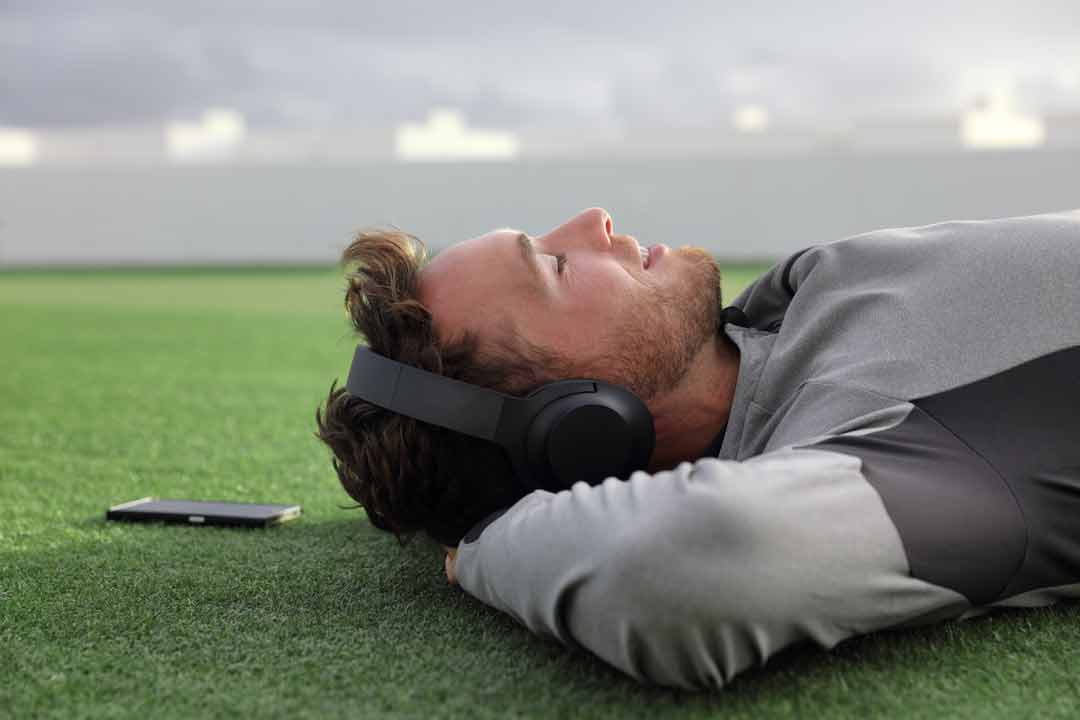
When does it happen?
When you train too hard that your body cannot cope and regain strength from all the stress in your muscles, overtraining happen. Yes, it’s not a myth! It’s those days when you feel like you are underperforming. Then you tend to push yourself to the limit to be satisfied with your workout. Yes, most of the time, it’s the right decision to get over that laziness but sometimes, it’s just really your body telling you to slow down a bit.
More often than not, people misinterpret it for simply slacking. That’s when overtraining happens. You lose a lot – energy, appetite, stimulus when it hits you.
More isn’t always better. Regressing or getting injured are the definite results of overtraining. Everything will snowball from there. You wouldn’t want that to happen to read up the signs and how to avoid them.
#1. SIGN: WEAKENED PERFORMANCE
It feels like you are giving it your 110% percent, but in truth, it’s only 80% of your goal performance. What a bummer right? Overtraining indeed affects your over-all performance from grip, power, endurance, explosiveness, agility. This is caused by a damage to your central nervous system.
The recovery of the nervous system is slower than the muscular system. In turn, this affects your performance in the areas mentioned. A few bad pieces of training days are normal. But when bad days turn to weeks or worse to months of experiencing difficulty in training, that’s when you should acknowledge that something is wrong – and moreover, you should TAKE A BREAK!

SOLVE IT: TAKE SOME REST
Once again, resting is not slacking or laziness. You are just recharging your muscles so you can go back to giving 110% and translate that to 110% performance in the gym also. Do know that the body’s ability to recover depends on many factors, including nutrition, sleep, age, work, relationships, financial.
Considering these things, know-how and how long your body copes up. If could be in the form of sleep, spending time outside the gym, seeing friends, going on a short vacation, visit your doctor, massage, or combination of any of those things. Train your mind and body to acknowledge fatigue and fix it right away so you can go back in track the soonest.
AVOID IT: MAKE SURE YOU HAVE A GOOD PROGRAM
Determine which program matches your body’s recovery mechanism. You train as much only as much or as fast as your body can heal and replenish your strength. That’s why it’s best to consult with a coach rather than making a program yourself.
Especially if you will be joining a competition, planning to step-up your routine, or simple aiming for ultimate fitness. A professional would certainly introduce deloading or recovery weeks that your body requires.

#2. SIGN: GETTING SICK
Sudden body pains and sickness that you have not experienced before are signals of overworked and under-recovered muscles. It’s a different issue if it’s caused by not performing the routines properly, know the difference. When you’re body gets stressed, cortisol or stress hormone levels spike up. If you don’t allow them to go back to normal levels, it damages your immune system. You might have fever, flu, or generally feel under the weather.
The same goes for your digestion. The high level of stress hormones also affects your digestive system negatively so you might experience loss of appetite or worsen diarrhea. You definitely don’t want this to happen at crucial days in your life like during a competition, big family event, and important day at work.
The adverse effect of high-stress hormone levels doesn’t stop with digestion and weakening the immune system. It even affects your sex drive, unfortunately. Both for men and women – no one is spared! So you should.
SOLVE IT: EAT RIGHT AND CLEAN AND (ONCE AGAIN) REST!
Good nutrition helps regulate hormonal levels and functioning. If you are training, but you don’t seriously stick to your diet, that might be another reason why you are getting sick and feel bruised. Healthy-whole foods that fit your calorie-plan and hydration are really helpful factors in your body’s recovery.
Hydrate yourself with around 30-40 ml/kg of bodyweight. If it’s usually warm in your place and you tend to sweat a lot, consume more fluids as necessary. For muscle mass gains without gaining fat, it is recommended to consume food in a small 150-200 calorie surplus. It’s a different story when you’re on a caloric-deficit plan – recovery is harder and might take a longer period of time than usual. As for your macronutrients counter, these are the rules of thumb.

AVOID IT: CONTROL STRESS
Especially for beginners, practice leaving or allocating your energy per set properly. This will allow you to perform optimally in each routine. If you tend to use a lot of energy very early on, the rest of the sets might be compromised.

#3. SIGN: PROBLEM WITH SLEEP
This problem is still very much related to high levels of hormones – the ones called epinephrine and norepinephrine, more commonly known as the “fight or flight” hormones. Mind you, hormones are not bad at all. These specific hormones support our survival during times of crisis. But, when you overtrain and not getting enough rest, you are taking away the chance for your hormones to settle down to normal levels. Having them constantly at high levels will definitely cause anxiety or insomnia.

SOLVE IT: TRAIN YOUR MIND TO SLEEP
Aside from good nutrition to help regulate cortisol level, train your body to cool down after your workout so you can have a good night’s sleep. It can be in a form of breathing technique, or some soothing concoction, listening to music, massage, nice warm bath.
AVOID IT: MANAGE SLEEP DEBT
Aside from workout stress, a lot of things lead to sleep debt. Like when you need to work overtime in the office or cram for an exam. If it’s really necessary, then just make up for it the next day. But, if it’s for things like binge-watching episodes of your favorite series of mindlessly scrolling through your social media account – do go on yourself and schedule it for some other time when you are not that busy.

You only have one body, and you need to take care of it holistically – mental, physical, emotional/spiritual.
Do those tips to guaranteed optimum performance!
Other Articles you may like.
Hamstrings and Calves Stretch
Often hamstrings and calves can become tight as a result of poor posture, always sitting down as a result of our inactivity sedentary lifestyle. This lifestyle shortens the gip flexor muscles cause the hamstrings to tighten.
Abdominal Ball Crunch with Twist
The Abdominal Ball Crunch with Twist requires controls and strength to undertake. The ball provides lots of lateral movement that requires the core intelligence to work. This exercise helps tone the tummy muscles as well as strengthening your spinal muscles that will...
Ab Hip Raise
The Abdominal Hip Raise, Ab Hip Raise, or often referred to as “The Bridge” is designed to strengthening the core abdominal muscles and Quads. These muscles support the lower back, spine and help with your posture. Find out more.






